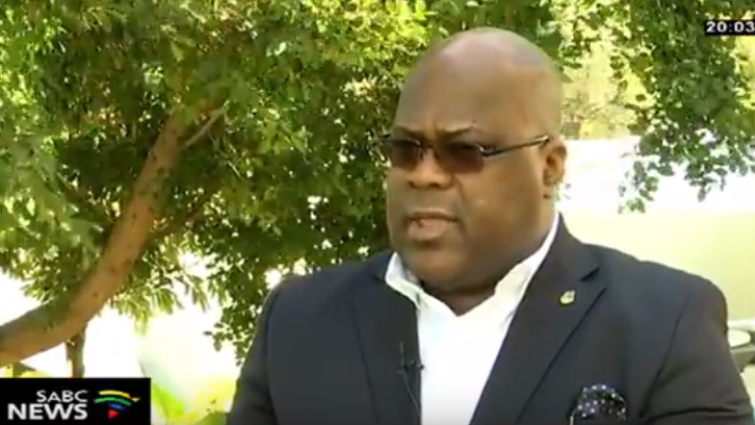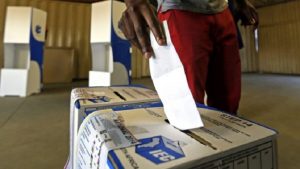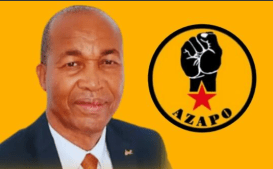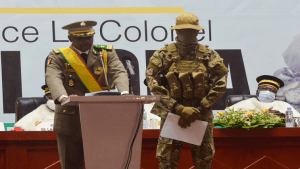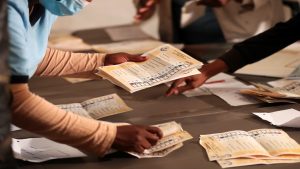The surprise outcome of the Democratic Republic of Congo’s election, a vote meant to bring closure to years of turmoil under President Joseph Kabila, has done little to ease uncertainty for miners and investors in a country crucial to the electric vehicle revolution.
The Democratic Republic of Congo is the world’s leading miner of cobalt, a mineral used in electric car batteries which has seen a surge in demand in recent years, with mines run by firms including Glencore and China Molybdenum.
Opposition candidate Felix Tshisekedi was declared the winner of last month’s chaotic vote on Thursday, defeating Kabila’s chosen successor, Emmanuel Ramazani Shadary.
The stakes for mining firms are high. In a study last year, McKinsey forecast a 60% increase in demand for cobalt by 2025, and cited uncertainty in Congolese government policy as one of the major risks to supply.
“It could be that, as a mining sector, we’re worse off than when we were under Kabila,” said one mining operator, who asked not to be identified. “There may be some improvements, but we’re not counting on it.”
Tshisekedi’s supporters hailed the election result as the end of nearly two decades of corrupt rule under Kabila. But the outcome has quickly come under question, and the extent to which Kabila will continue to wield influence over the economy through sprawling patronage networks remains unclear.
“It’s going to be an extremely volatile period,” said Jason Stearns, director of New York University’s Congo Research Group. “If I were a savvy investor, I’d look at Congo and just step back for six months.”
Tshisekedi has little political track record for investors to judge.
Related video click below:


